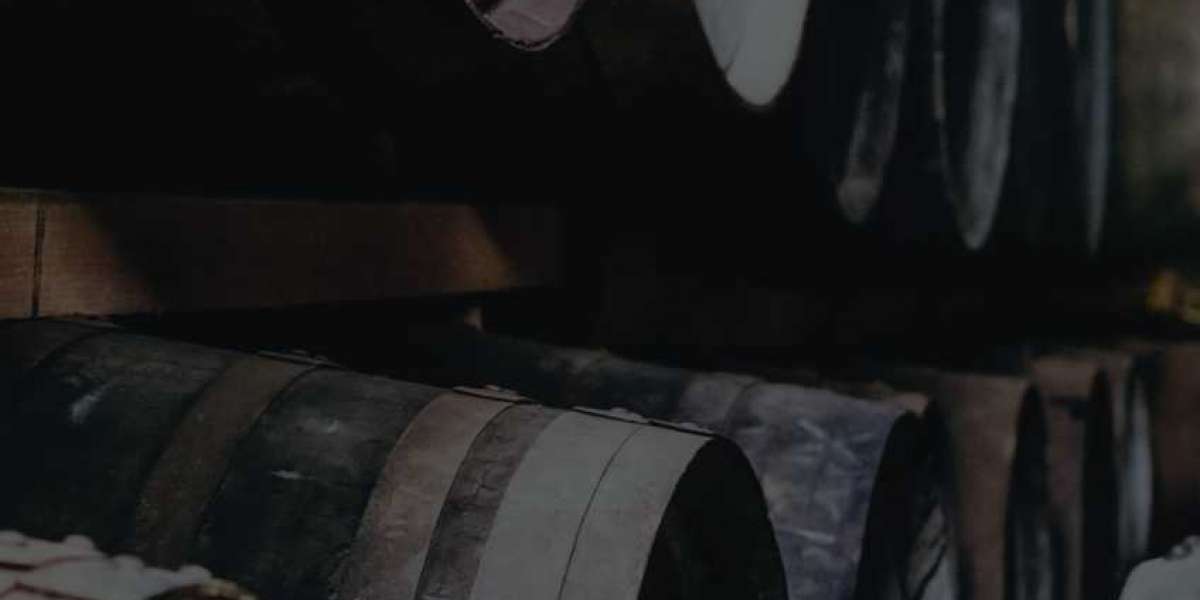Owning a whisky cask can be rewarding, but liquidity matters. Whether you bought for passion or investment, having clear exit paths saves time and preserves value. Below are practical routes, with real-world considerations and steps to make the process smooth.
Private sale: sell your cask to a private buyer
Private sales move fast when buyers are found through networks, brokers, or industry circles. This route suits casks with strong provenance, clean cask status, and transparent storage records. The buyer may be another collector, a boutique bottler, or a venue seeking a named cask for a series. A documented history helps; expect questions about fill level, warehouse, and any dunnage costs.
Key steps to a private sale:
- Compile a complete dossier: distillery, cask number, fill date, ABV, and current whiskey profile.
- Gather storage and insurance records, plus any proof of tontine-like ownership if applicable.
- Engage a whisky cask broker ECM to court buyers and vet offers.
- Negotiate terms: transfer of ownership, transfer of title, and responsibility for remaining maturation, if any.
- Arrange logistics: insurance during transfer, transport to the buyer’s warehouse, and transfer documentation.
Pros include speed and privacy; cons include limited liquidity if the market is thin and the risk of undervaluation without a broad pool of bidders.
Bottling: bottling and selling as finished whisky
Bottling converts an asset into a tangible product with potential upside from branding. This approach is common when the cask has a distinctive character or a storied distillery association. Bottling can attract fans who want a known flavor profile, not just a cask reference.
Practical considerations:
- Choose a bottling partner carefully. A reputable bottler ensures accurate labeling, consistent fill levels, and legal compliance for export and sale.
- Assess yield. A full 1-year plan can yield fewer bottles than a long-maturation strategy, but branded bottlings may command higher per-bottle margins.
- Plan for packaging and marketing. A small run with a compelling story often gains traction in clubs, auctions, and gift markets.
- Understand taxes and duty if selling internationally. Some jurisdictions treat finished whisky differently from cask assets.
One caveat: bottling erodes the “cask” narrative if the bottling loses its provenance or if the bottler’s reputation overshadows the original cask. A strong story and precise records help maintain value.
Auction: sell at a specialist auction house
Auction houses reach a global audience of collectors and traders. For rare or highly sought-after casks, auctions can unlock top-end pricing. The upside comes from competitive bidding and perceived scarcity. The downside includes seller fees, buyer premiums, and the risk of a weak market window.
How to prepare for an auction:
- Obtain a formal appraisal and provenance documentation. Include tasting notes if possible.
- Organize professional photography and a detailed inventory with cask numbers, fill dates, and warehouse details.
- Coordinate shipping and insurance ahead of time to avoid delays on sale day.
- Set a reserve price and a transparent commission structure with the auction house.
Auctions work best for casks with notable distilleries, limited editions, or a compelling backstory. A well-positioned lot can attract a global audience and deliver a premium, but it requires precise timing and expert marketing.
Choosing a whisky cask broker: what to look for
A specialist broker bridges sellers and buyers, curating opportunities and handling the paperwork. A reliable broker brings market visibility, credible valuations, and quiet due diligence. Here are signs of a strong partner:
- Clear process for valuation, marketing, and buyer vetting.
- Transparent fee structure and no hidden charges.
- Access to a broad network of distillers, bottlers, and collectors.
- Experience with cross-border transfers, VAT, and shipping logistics.
- Documented cases or references from past clients.
To compare options, consider this quick guide:
| Factor | Broker A | Broker B | Broker C |
|---|---|---|---|
| Market reach | Global network | Regional focus | Global but strong in Asia |
| Typical fees | 5–8% success fee | 6–10% commission | Flat setup + 4–6% success |
| Transparency | High | Medium | High with monthly updates |
| Specialty | Rare casks | High-volume bottlings | Emerging markets |
Where to start: ask for a written engagement letter, a plan with timelines, and a sample of recent successful exits. A reputable whisky cask broker will lay out a roadmap that aligns with your timing and liquidity needs.
How to pick the best exit path
Timing and market conditions steer choice more than anything. If liquidity is urgent, private sale through a broker tends to be quickest. If you curate a distinctive bottling, bottling can maximize value, especially if you own a historic cask. Auctions suit rarities and distilleries with global appeal. A blended strategy—sell the cask to a private buyer, then bottle a limited run for a specific audience—can work for well-detailed casks with strong provenance.
Here are practical signals to guide your decision:
- Urgent liquidity: private sale first, backed by a trusted broker.
- Clear provenance and demand: consider an auction or limited bottling with a strong narrative.
- Distinctive profile with branding potential: bottling may yield higher margins over time.
- Cross-border sale complexity: partner with a broker who has international compliance know-how.
Step-by-step exit plan
So you have options. A simple, disciplined plan avoids last-minute scrambles. Follow these steps to structure your exit:
- Define your target liquidity window and minimum acceptable price.
- Compile a comprehensive dossier: fill dates, cask number, current ABV, storage details, insurance, and any tasting notes.
- Obtain an independent appraisal to anchor negotiations.
- Select two or three channels: private sale, bottling, and auction, with a preferred order based on urgency and value potential.
- Partner with a whisky cask broker who can coordinate multiple routes or pivot as market signals shift.
- Negotiate terms carefully: title transfer, insurance during transit, and any maturation post-sale if applicable.
- Execute logistics: transport, customs, and storage during transition; ensure all documents are in order.
- Review post-exit records: gather feedback, measure how the strategy performed, and capture lessons for future holdings.
Real-world example: a collector owned a 2008 single malt cask with strong distillery branding. The broker proposed three paths. An auction targeted high-net-worth buyers in Europe and Asia, a selective private sale to a boutique bottler, and a limited bottling under an established label. The result: a healthier exit than any single route, with a diversified risk and a tidy post-sale report for the owner.
What to expect from the process
Expect due diligence, not drama. A competent whisky cask broker will audit the cask’s status, verify storage conditions, and confirm that the title can transfer cleanly. Communication should be frequent but precise, with milestones and checkpoints. Fees are a fact of life, but transparent terms let you compare value rather than surprise costs.
Finally, keep the end goal in sight: a clean exit that preserves or enhances value, with a path that fits your appetite for risk and your timing. A well-chosen mix of strategies often beats chasing a single sale channel.
If you’re weighing routes today, start by listing your cask’s strengths: distillery cachet, fill date, proof, and current storage. Then map those traits to the most fitting exit strategies. A seasoned whisky cask broker can translate those details into buyers, bottle programs, or auction momentum—without leaking value through delays or uncertainty.














